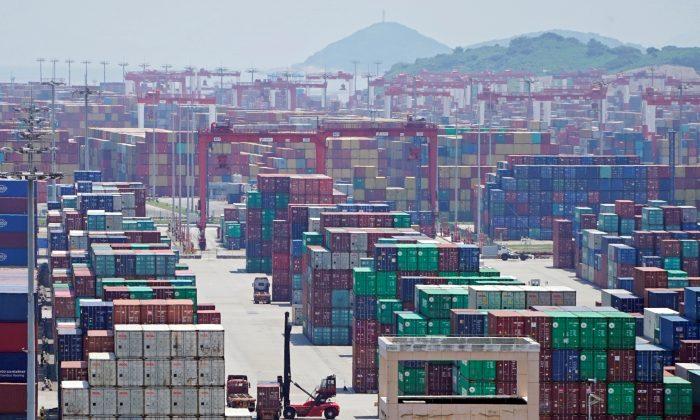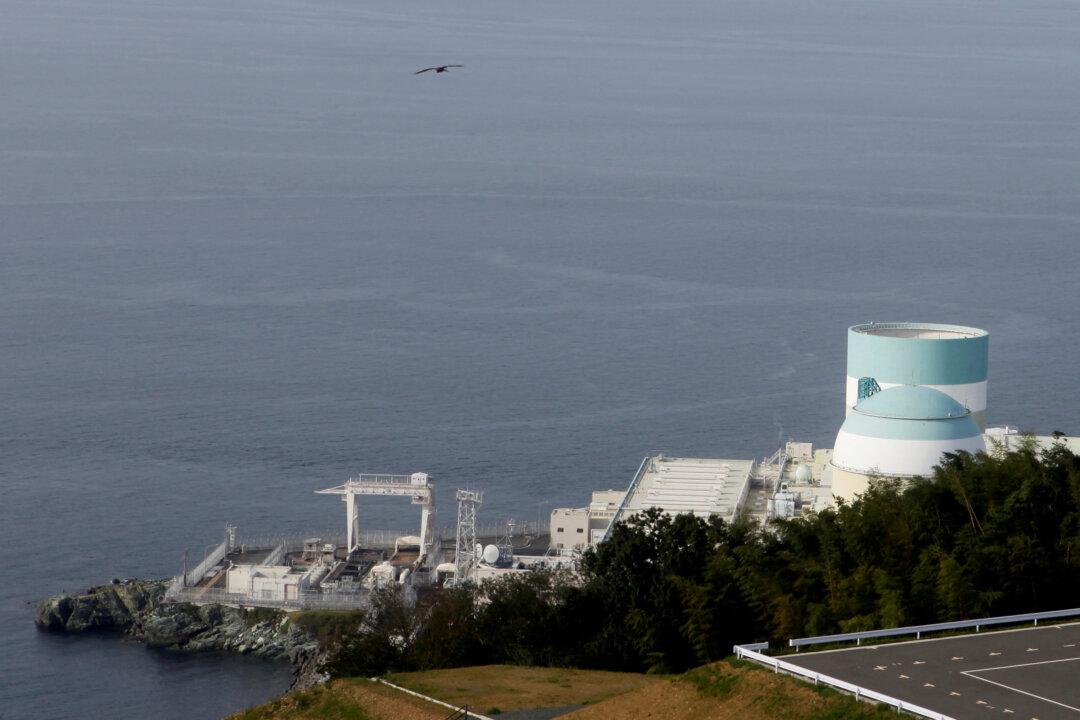WASHINGTON–President Donald Trump said his administration was “making a lot of progress” with China on Sept. 20, as deputy-level trade talks continued for a second day and Washington lifted tariffs on over 400 Chinese products.
Trump, speaking to reporters at a White House meeting with Australian Prime Minister Scott Morrison, said the United States was taking in billions of dollars from tariffs imposed on Chinese products, adding that the total would soon reach $100 billion.
“I will say this: we’re making a lot of progress with China,” Trump said.
The United States Trade Representative’s office issued three Federal Register notices exempting a wide range of products from tariffs in response to requests from U.S. companies, which argued that the levies would cause economic hardship.
The 437 exempted products range from printed circuit boards for computer graphics processors to dog collars, laminated wood flooring and miniature Christmas lights.
Chinese and U.S. negotiators are holding two days of talks that were expected to focus heavily on agriculture, and lay the groundwork for high-level talks in early October that would determine whether the two countries are working toward a solution or headed for new and higher tariffs on each other’s goods.
A delegation of about 30 Chinese officials, led by Vice Finance Minister Liao Min, met counterparts at the U.S. Trade Representative’s (USTR) office near the White House. Deputy USTR Jeffrey Gerrish led the U.S. delegation.
The United States is asking that China substantially increase purchases of American soybeans and other farm commodities, a person with knowledge of the planned discussions told Reuters.
Chinese delegates will visit American farm regions with U.S. officials next week, in a gesture of goodwill.
However, the Trump administration and China’s Communist Party remain far apart on issues that are the basis of their trade dispute, including the United States declaring some Chinese state companies pose national security risks, and Beijing’s refusal to revamp its economic model by eliminating subsidies for state companies.
Trade experts, executives and government officials in both countries say that even if the September and October talks produce an interim deal, the U.S.-China trade war has hardened into a political and ideological battle that runs far deeper than tariffs and could take years to resolve.
Observers in Beijing said the new tariff exemptions were a welcome sign, but the trade talks remain on a delicate footing.






Friends Read Free